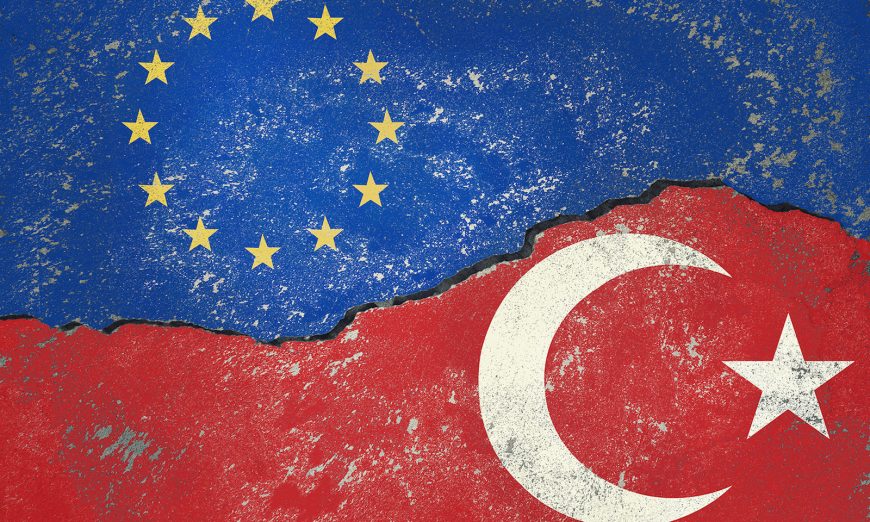With Turkey’s vigorous efforts to join the European Union (EU) and fulfill the requirements necessary to qualify for membership, debates over minority rights once again have become central to the country’s agenda. In expressing a strong and persistent aspiration to become an EU member, Turkey has committed itself to meeting the political criteria for membership, including respecting and protecting minorities. Towards that end, the Turkish Government has undertaken fundamental constitutional and legal reforms in an unprecedented demonstration of political will and efficiency, starting with constitutional amendments in 2001 and seven subsequent “reform packages” passed by the Parliament.
The reforms were praised by many within the country and abroad as a long-awaited step toward the constitutional protection of minorities. Most significantly, Turkey argued that it made substantial strides by giving its Kurdish citizens their long-denied rights to education and broadcasting in their own language; an argument largely accepted without much scrutiny. Yet missing from the debate was an examination of whether these legal reforms were indeed tailored toward achieving the protection of minorities. Instead, the internal defense and the external evaluation of these reforms were shaped in formalistic terms, focusing more on appearance than on substance. As a result, the object of discussion has effectively moved away from the constitutional protection of minority rights to piecemeal, ad hoc legislative reforms.
Hoping to contribute to the debate on Turkey’s minority question, this Note critically analyzes the country’s historical policies, its constitutional scheme, and the substance and implementation of recent legislative reforms as they relate to the protection of minorities. Although they are positive measures in the right direction, close scrutiny of the new laws and their implementation to this date reveals that they are far from guaranteeing the constitutional protection of minorities required by the EU and committed to by the Turkish Government. Instead, they constitute much belated—if still welcome—steps toward granting some fundamental rights to members of some minority groups that leave much more to be done to achieve respect and protection for all minorities.
This Note is organized as follows: Section I discusses international law and the theoretical aspects of minority rights, examining the extent to which international law has established standards and exploring steps needed to build a legal system that more effectively protects minority rights. Special attention will be given to language rights as a subset of minority rights. Section II offers a historical analysis of the development of Turkey’s current minority policy and constitutional regime, a critical discussion of which minority groups are left out of that scheme, and a deconstruction of recent legal reforms with an eye to demonstrating how they relate to Turkey’s overall politics vis-à-vis its minorities. This section concludes that, while constituting positive steps in the direction of securing constitutional rights to members of minorities, the post-2001 legal reforms fall far short of satisfying the letter and spirit of the EU’s membership criteria and of achieving what Turkey claims to have done, namely granting Kurds their language rights. Section III briefly discusses the Canadian constitutional scheme as a fundamentally different approach to the minority question and suggests three aspects of that model that, notwithstanding the apparent differences between the two countries, are arguably positive policies that could address drawbacks of Turkey’s approach to its minorities.
…
Dilek KURBAN

